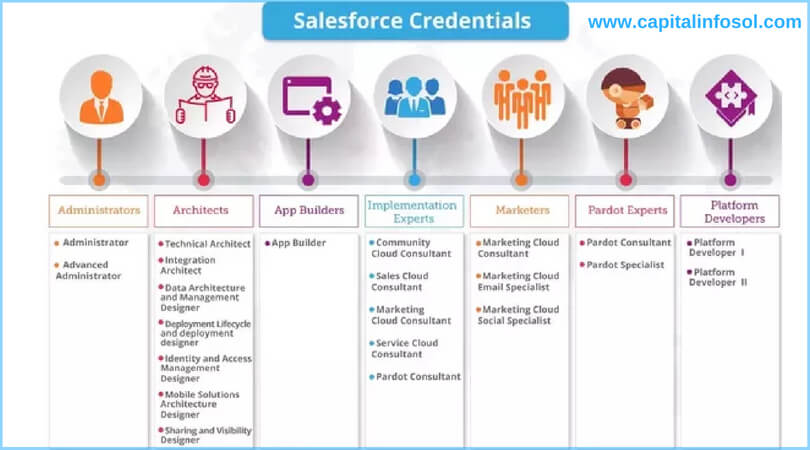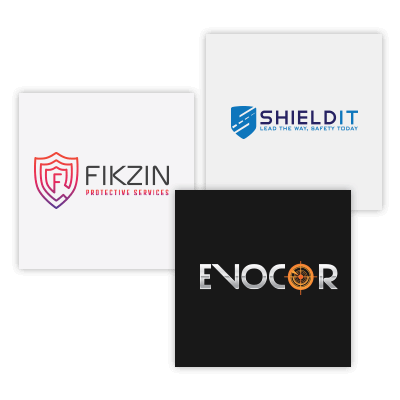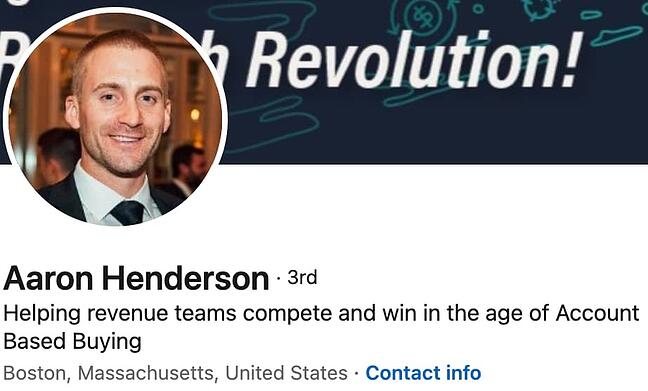
This article describes the position of an Environmental consultant in Seattle, WA. This hourly-on-call position can be made permanent by advancing to a full time position. This job requires experience in environmental consulting. We will be discussing the requirements for experience and the base salary of an Environmental Consultant in Seattle.
Position description in seattle environmental consulting
An Environmental Consultant assists companies and organizations in complying with environmental regulations. They perform environmental tests and assessment, collect data, create models and projections. Environmental Consultants can earn a basic salary or more depending on their job. They can also earn tips and commissions as well as other cash compensation. Their salaries can be increased by gaining additional education or gaining experience.

The position requires an environmental scientist who has a Bachelor's Degree and at minimum three years of work experience. This position's salary will vary depending on the experience gained and the nature of the work. Candidates should have a good understanding of the principles and abilities required to work in a fast-paced environment.
Seattle, WA - Base salary and total cash pay for an environmental consultant
The base salary and total cash compensation for an environmental consultant in Seattle, WA is approximately $61,252. This is higher than the national average, but lower than the average salary for environmental consultants in Washington DC, Boston MA, Denver CO, and Boston MA. The range in salary for this job is between $28,026 and $135,404. The median 57% of environmental professionals earn between $58,226-$83,164. The compensation package may also include cash compensation.
A Seattle-based environmental consultant may make more than others with similar backgrounds. This career pay is determined by education and level of experience. For example, someone with more years of experience might earn more than someone with less. Additionally, people with advanced education and special skills may earn more than others with less experience. For more information on the professional salary report, click here.
Seattle, WA requires experience as an environmental consultant
You should first consider the experience necessary to be an environmental consultant in Seattle. As an environmental consultant you will assist clients in determining whether their projects comply with applicable regulations. Often, this requires analysis of data and samples and the creation of models and projections. Also, you must have excellent verbal and written communication skills. The job also requires you to be self-motivated and flexible.

According to your education and experience level, the salary of an environmental consultant in Seattle, WA, is around $73,370/year or $35/hour. Bachelor's degrees are the best education required for this job.
FAQ
What can I expect from my consultant?
Within a few days of selecting your consultant, you can expect to hear back. They will usually ask for information about your company, including its mission, goals, products, services, budget, etc. Next, they'll provide a proposal describing the scope and estimated time frame, fees, deliverables or milestones, as well as an estimate of costs.
If all goes well, the parties will then negotiate a written agreement. The type of relationship between them (e.g. employer-employee or employer-independent contractor) will determine the terms of the contract.
If everything goes well, the consultant should start work immediately. The consultant will have access your internal documents and resources. Additionally, you'll have access their skills and knowledge.
However, don't assume that just because someone is a consultant that s/he knows everything. It takes practice, effort and practice in order to be an expert in any area you consult. Do not expect your consultant to be an expert in every aspect of your business.
What is the real value of consulting?
Consulting isn't just a career option for those who want to earn quick money. It's also a great place to gain valuable skills and build a foundation you can use in your future work.
There are many opportunities for consulting, including project management, strategy, training and leadership. Projects could include small start-ups or large international corporations.
Consulting provides you with the opportunity to develop and hone your skills, as well as gain experience within a range of industries. This could mean learning to manage teams, negotiate contracts, write proposals, manage budgets, analyze data, create presentations, conduct market research, and much more!
What are the different types of jobs available for consultants?
A job as a consultant requires you to have an excellent understanding of business strategy and operations. You need to be able to comprehend how businesses function and how they fit in with society.
Being a consultant requires great communication skills and the ability think critically.
Because consultants may be required to perform different tasks at different times, they must be flexible. Consultants should be able to quickly change their direction if necessary.
They should be willing to travel extensively on behalf of their clients. They may be required to travel all over the globe for this type of work.
They also need to be capable of handling stress and pressure. Sometimes consultants are required to meet tight deadlines.
Consultants are often expected to work long hours. This could mean that overtime may not always be paid.
What are the benefits of being a consultant
Consultants often have the option to choose when and what they do.
This means you can work whenever you like and wherever you wish.
It means that you can change your mind easily without worrying about losing your money.
Finally, your income can be controlled and you can set your own hours.
How can I select a consultant?
There are three key factors to be aware of:
-
Experience - How skilled is the consultant? Are they a beginner, intermediate, expert, or some other level? Does her resume show that she has the necessary skills and knowledge?
-
Education - What did he/she learn in school? Did he/she go on to further education after graduation? Were there any evidences of this learning in his/her writing?
-
Personality - Do we like this person? Would we prefer him/her working for us?
-
The answers to these questions help determine if the consultant is right for our needs. If you don't have clear answers, it may be worth meeting with the candidate for an interview.
Statistics
- 67% of consultants start their consulting businesses after quitting their jobs, while 33% start while they're still at their jobs. (consultingsuccess.com)
- "From there, I told them my rates were going up 25%, this is the new hourly rate, and every single one of them said 'done, fine.' (nerdwallet.com)
- So, if you help your clients increase their sales by 33%, then use a word like “revolution” instead of “increase.” (consultingsuccess.com)
- WHY choose me: Why your ideal client should choose you (ex: 10 years of experience and 6-week program has helped over 20 clients boost their sales by an average of 33% in 6 months). (consultingsuccess.com)
- According to statistics from the ONS, the UK has around 300,000 consultants, of which around 63,000 professionals work as management consultants. (consultancy.uk)
External Links
How To
What's a typical day like for a Consultant?
Your work type will determine the length of your day. You'll spend your time researching new ideas and meeting clients.
You will have many meetings where clients and you can discuss their issues. These meetings can be conducted over the phone, by email, face-to-face, or online.
You may also be asked to prepare proposals, which are documents outlining your ideas and plans for clients. You will need to discuss these proposals with a mentor or colleague before you present them to clients.
You will need to create content after all your planning and preparation. You might be creating articles, videos, editing photos, writing interviews, or designing websites.
You may need to conduct research depending on the scope of your project to find relevant statistics and figures. You might need to determine how many customers you have, and whether they buy more than one product.
Once you have collected enough information, it's now time to present the findings to your clients. Your findings can be presented orally or written.
After your initial consultation, you should follow up with your clients. You can call clients to ask how they are doing or send emails asking for confirmation that your proposal was received.
While this can be a slow process, it's essential to remain focused and maintain good working relationships with clients.